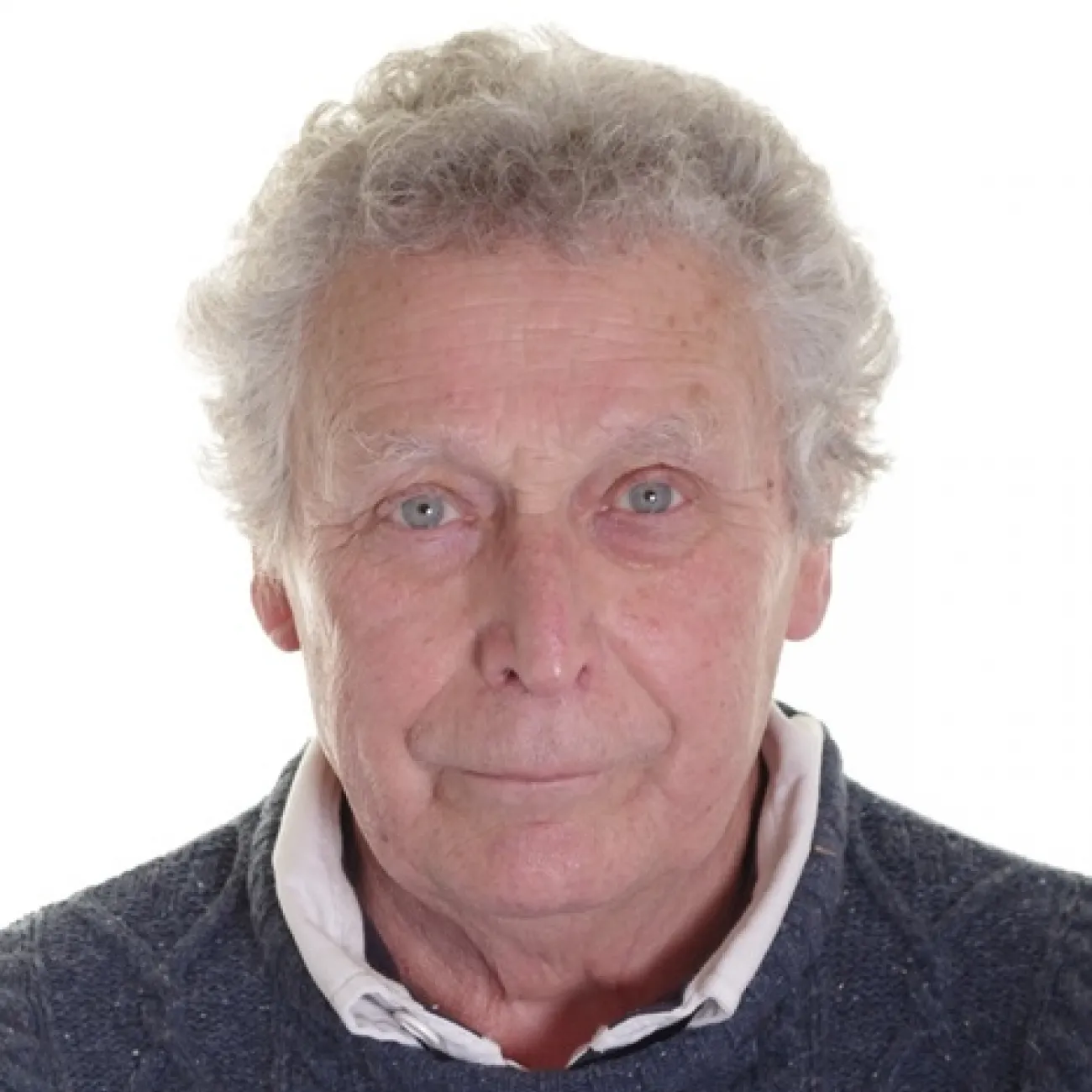Research
Current research
Philip has supported research supervsion for doctoral students in the following areas: seakeeping, ship manoeuvring, control of surface following ships, control of autonomous underwater vehicles, fluid dynamic flow in composite materials, collision avoidance techniques. Recent research has been funded on contract from the EU in the following areas: reduction of ship wash, updating the aspects of voyage data recorders (black boxes), autonomous underwater vehicle design and operation. A Tempus project was completed with the emphasis on masters and doctoral education training with Russia, Poland, Ukraine as partners. Within the UK funding was overseen for the RNLI in studying the performance of rigid inflatable boats, both the A and D classes. He has current interests in historic ships and the development of these during the past 500 years. Current research students are working on prediction of turbulence levels associated with flow around offshore structures; the optimisation of a fleet of AUVs; and the performance characteristics of RIBs. Recently he was testing a ship model of USS Somers which was sunk during the Mexico-USA war of 1846-1848. The work was funded by the Arts Council in the UK and the Mexican Research Council
Finally the Lloyd’s Register Foundation collegium is being funded this year for the third time with 25 researchers fully funded for a period of nine weeks to study Eco-cities.
Linear interaction between compressibility and a gravity field for barotropic fluids
The effect of flexibility on the design and performance of inflatable boats, plus environmental considerations
Optimisation of a fleet of AUVs to minimise energy dissipation
Novel statistical approaches to chemical, biological or radiological source term estimation
Assessment of the effectiveness of fuel cell as an alternative technology for marine propulsion systems
Development of Printed Smart Fabric Sensors for the Marine Industry
